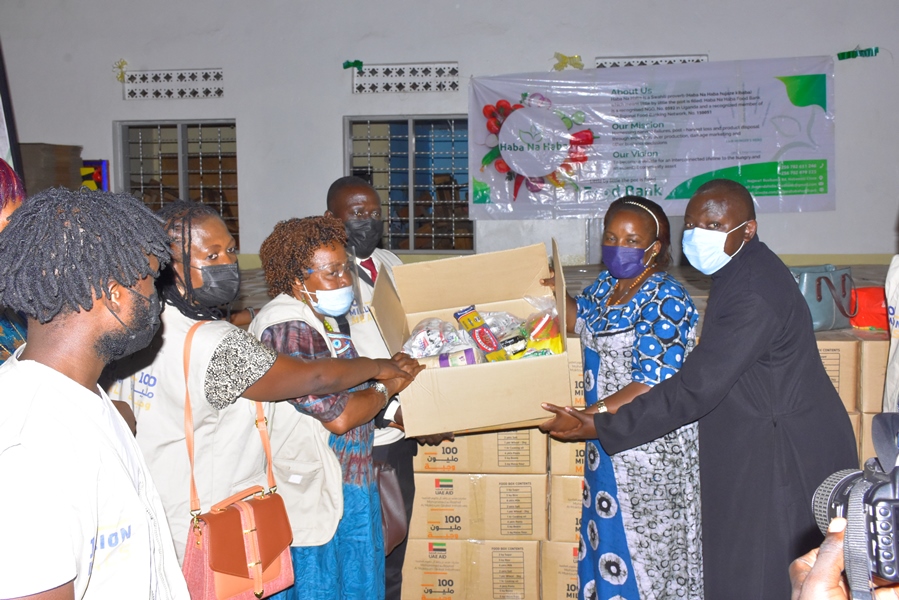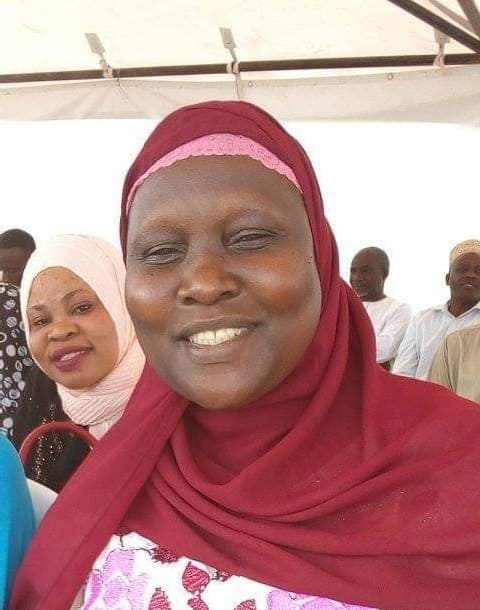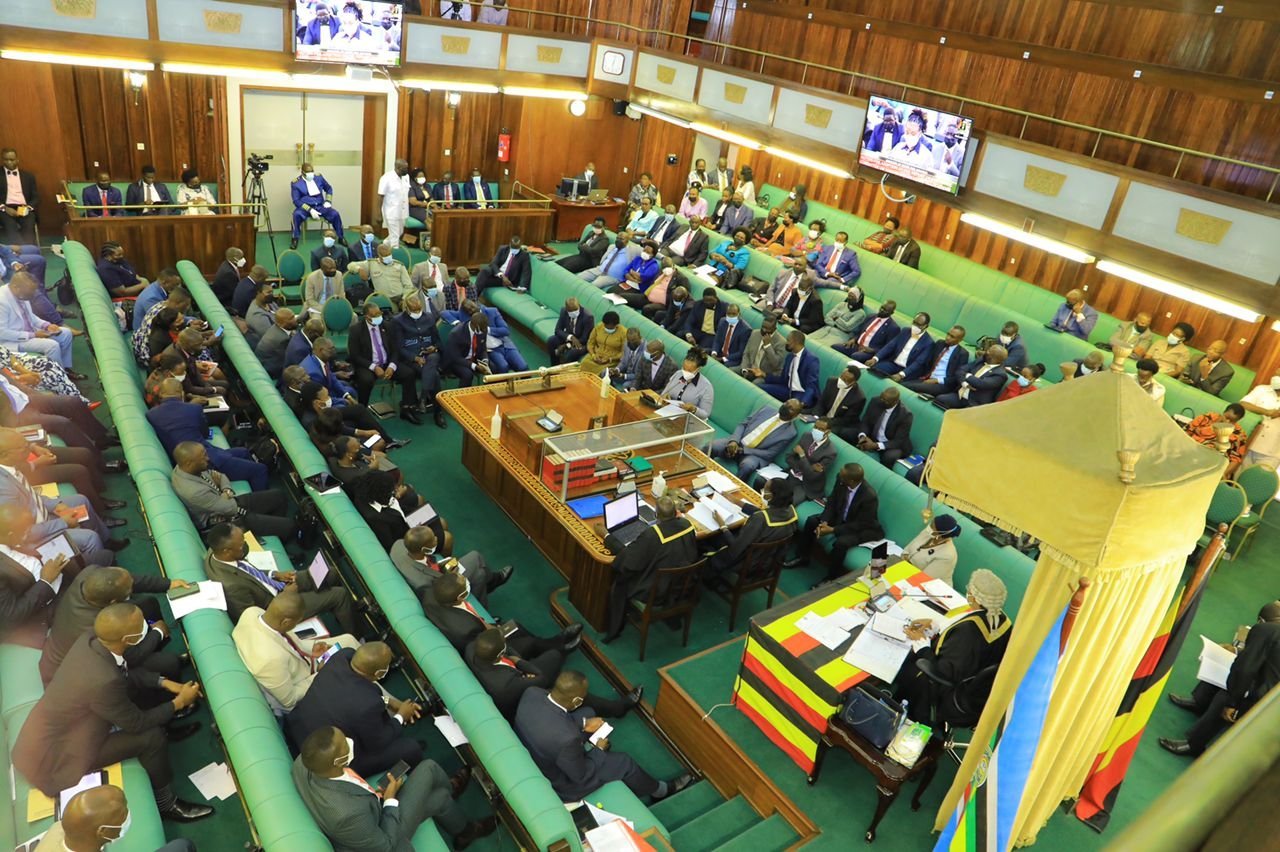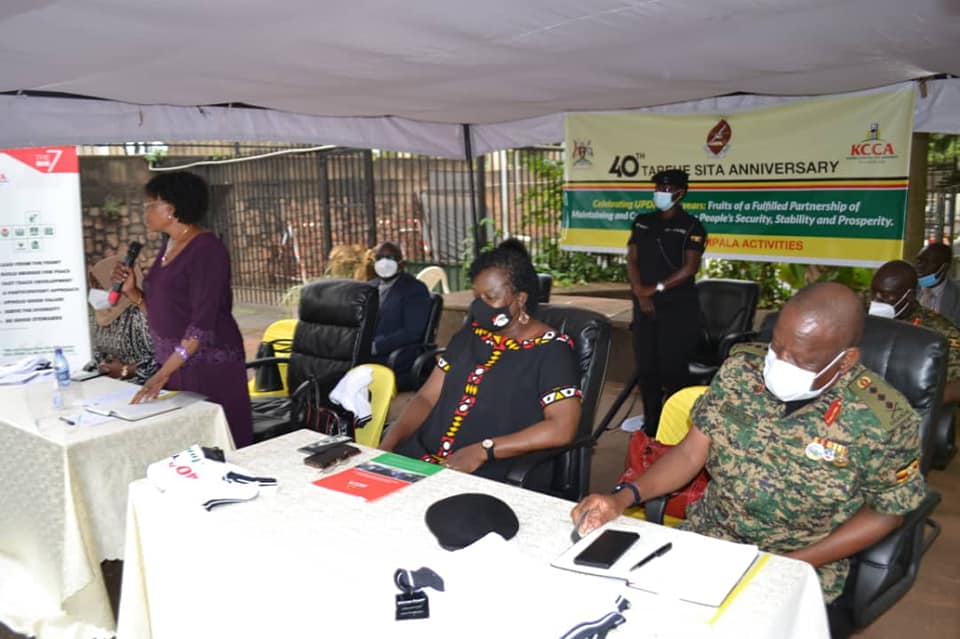Haba Na Haba Food Bank has today launched the third phase of a food distribution drive, with at least 1.25 million meals (125, 000 kilograms of food items) to be donated to various vulnerable families and groups across the country.
Each of the 5,000 food parcels, which is estimated to feed a family of five individuals for at least a month, contains 5kg of rice, 5kg of beans, 5kgs of maize flour, 2kgs of wheat flour, 2.25kgs of spaghetti, 2kgs of sugar, 3 litres of milk and 1 litre of cooking oil.
Haba Na Haba has again partnered with the Mohammed bin Rashid Al Maktoum Global Initiatives (MBRGI) under its ‘100 Million Meals’ global campaign and the United Arab Emirates embassy in Kampala plus the Food Banking Regional Network (FBRN) from the Middle East.
“We are grateful to our partners for helping us feed more vulnerable and disadvantaged people in Uganda in these tough times, worsened by the effects of the Covid-19 pandemic. The beneficiaries include low-income families and individuals, orphans, widows and refugees in towns and hard to reach areas,” said Mrs Jessica Bagenda, a cofounder and director of Haba Na Haba Food Bank, at the launch of the third drive in Mutungo, Kampala today.
The Haba Na Haba Food Bank was established in 2015 with the aim of rescuing fresh food from mainly markets and distributing it to vulnerable communities. Since 2017, it has rescued over 325, 000 kilograms of unsold fresh food (worth over UGX 1 billion) from various markets including Nakasero, Owino, Wandegeya, Kalerwe, Nakawa, Natete, Kireka and Mukono and then delivered it to the needy through like-minded NGOs including Dwelling Places, Agaliawamu and Eseeza Cancer Home amongst others.
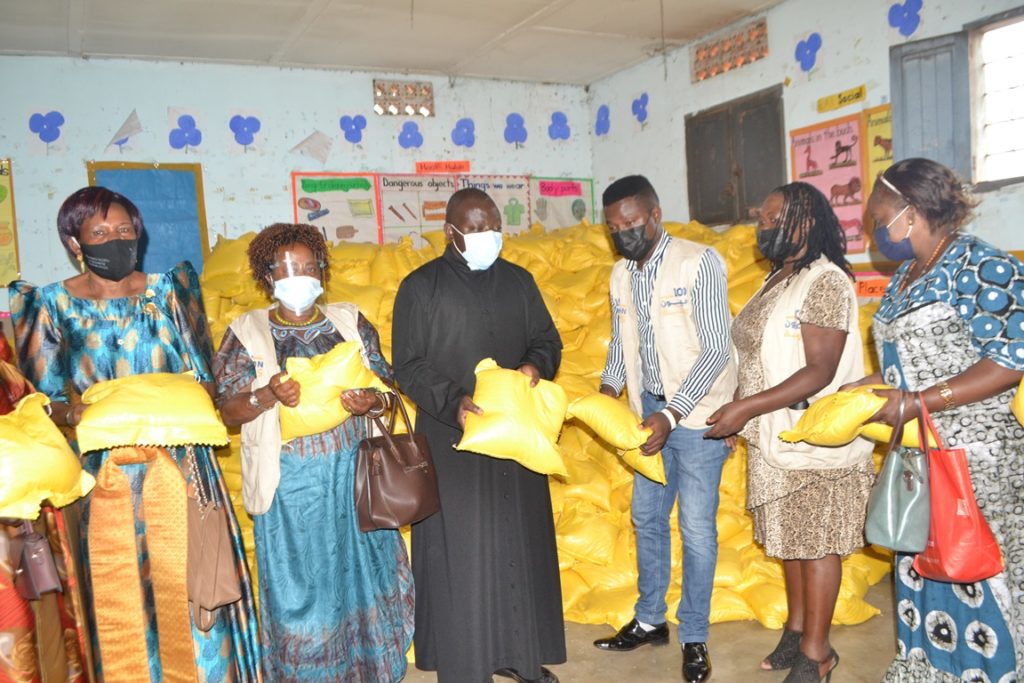
The first two campaigns saw at least 2.5 million meals (250, 000 kilograms of food items) donated in areas of Kampala, Wakiso, Mukono and Jinja, Beneficiary groups in this third drive will include Uganda Women‟s Efforts to Save Orphans (UWESO), Uganda Institute of Allied Health & Management Sciences, Buikwe District Island Community, Budaka Tuvuco Women Group, Bamasaba Floods Victims, Remand Home Mbale, St Kizito Babies Home, Mbale Community Living With HIV/AIDS, Mbale Young Mothers, Single Mothers Group, Link Child, NOURSH Child Uganda, Mbale Town Moslem Community, Nakaloke Islamic Community, Namatala Elderly Group, Bukiru Cheshire Home, Divine Mercy Babies Home, Ruti Vocational Rehabilitation Center, Mbarara Church Our Reception Home and Isingiro District community.
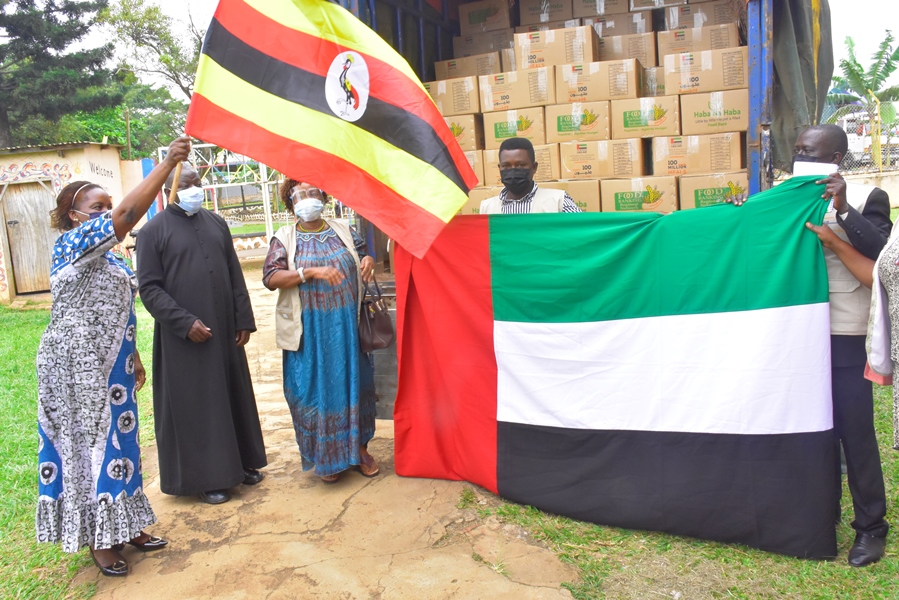
These are found in the districts of Kampala, Buikwe, Iganga, Jinja, Budaka, Mbale, Manafa, Mpigi, Mbarara and Isingiro plus the hard to reach islands Buyiga.
H.E. Abdullah Hassan Obaid Al Shamsi, the UAE ambassador to Uganda praised the humanitarian spirit of the donors and called for more support to vulnerable communities.
He hoped the collaboration between the UAE and Uganda would continue; further strengthening relations between the two countries. Dr Moez El Shohdi, founder and CEO of FBRN noted that the humanitarian campaign was very critical, as many continue to battle hunger that has been exacerbated by the Covid19 pandemic.
Haba Na Haba Food Bank‟s excellent record in rescuing and distributing food from markets in central Uganda to vulnerable groups is what attracted the partnerships from the MBRGI, the FBRN, the UAE embassy and other stakeholders involved with humanitarian relief. The MBRGI has since appointed Haba Na Haba a coordinator of the same program in neighbouring East African countries starting with Burundi.
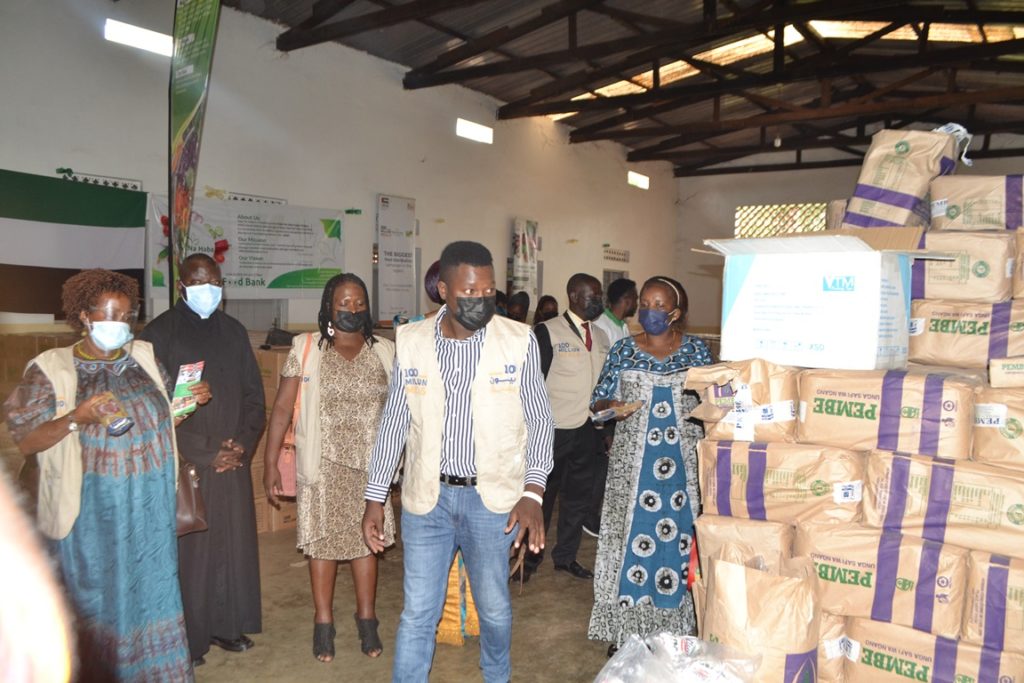
“We urge all community and national leaders to also join us and establish community food banks because a lot of fresh food is thrown away yet many people are still going hungry every day. This is in line with our name that comes from the Swahili proverb, ‘haba na haba hujaze kibaba’ which means „little by little the pot is filled‟,” said Mrs Bagenda.
Father Joseph Ssebayigga of St James Catholic Parish Bbinna, Mutungo in Kampala urged Ugandans to emulate the donors by feeding their needy neighbours as well. Lgakeside Rubaga Rotary Club President, Prossy Nalukwago, was grateful that the very vulnerable are getting support including the island communities


